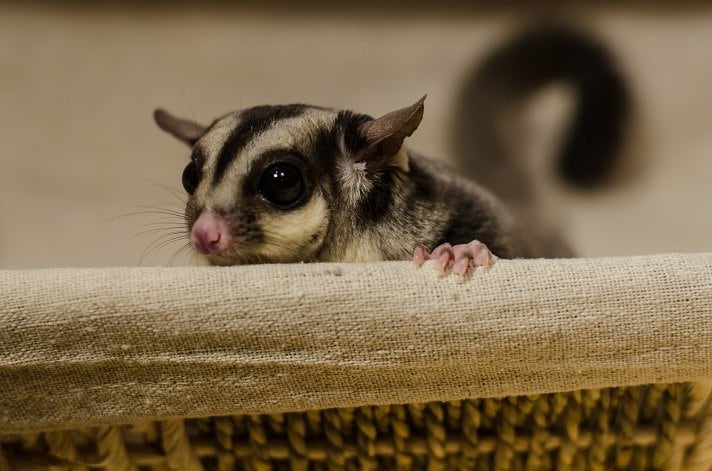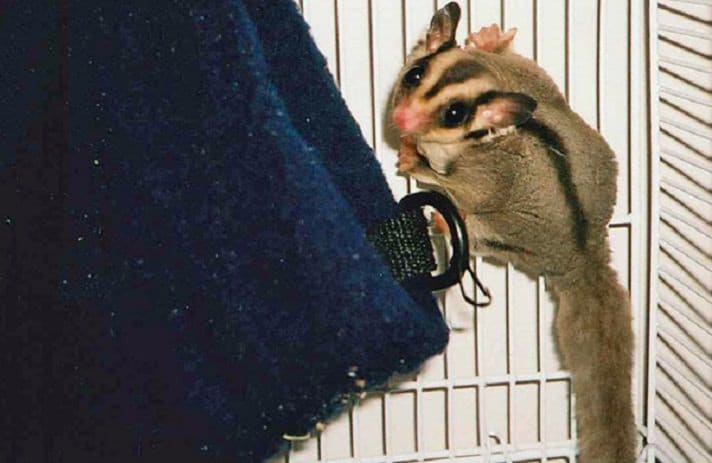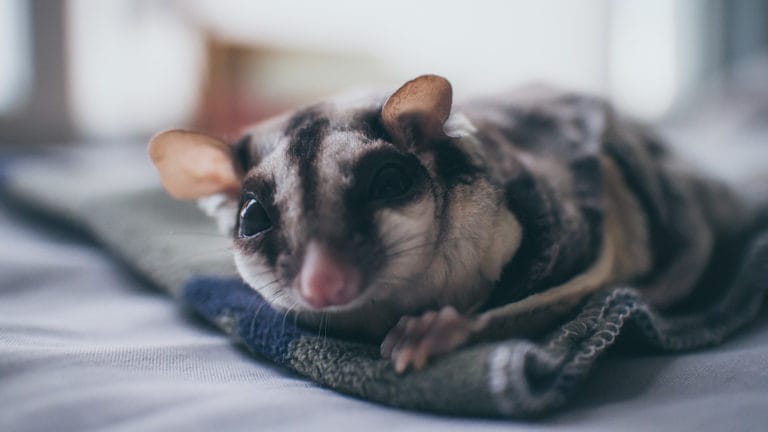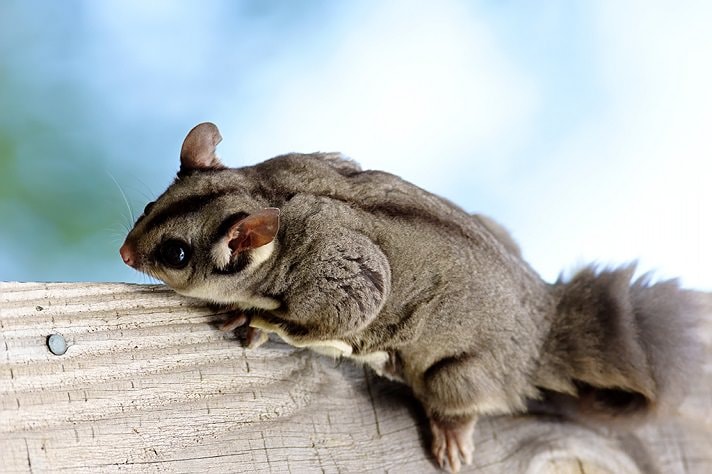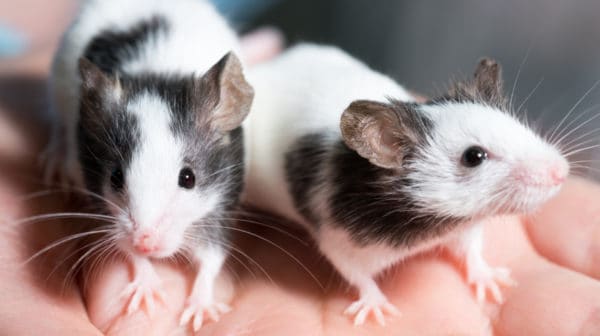Q.
Do sugar glider’s bite much?
A.
Sugar gliders bite for various reasons ranging from fear, unfamiliar smells or self defense. Biting is the prime source of defense when a sugar glider feels threatened or trapped. A foreign scent or a human hand can be a scary enemy to a glider. However, once you earn their trust and form a bond with your glider(s), this type of biting rarely happens.
A sugar glider’s disposition depends greatly on the type of background it was born or raised into. Most hand-tamed gliders from reputable breeders, or from previous owners who have spent ample time working with their gliders, are less apt to bite.
Young joeys, the term for baby gliders, often go through what is called the “teenage phase.” During this time, they bite for no reason. Toes, fingernails, earlobes – anything that looks interesting will get a taste. Such bites rarely hurt, but most likely will take a human by surprise.
Once you have earned its trust and formed a bond with your sugar glider, it will enjoy grooming you. When it grooms you, it will bite lightly (more like scraping its teeth on your skin) and lick repetitively. Sometimes gliders become very focused on grooming their human.
Sugar gliders are sap suckers by nature, and frequently bite items in search of more food. Be aware of this when hand-feeding your glider, and offer more food before a bite occurs.
Understanding and respecting why your sugar glider may bite is the first step to a long and wonderful relationship with your glider. Even the tamest glider bites occasionally, and some glider’s continue to bite for no reason whatsoever. These are the exceptions however.
By: Karin Leonhardt
Featured Image: bluedog studio/Shutterstock.com
Share:

